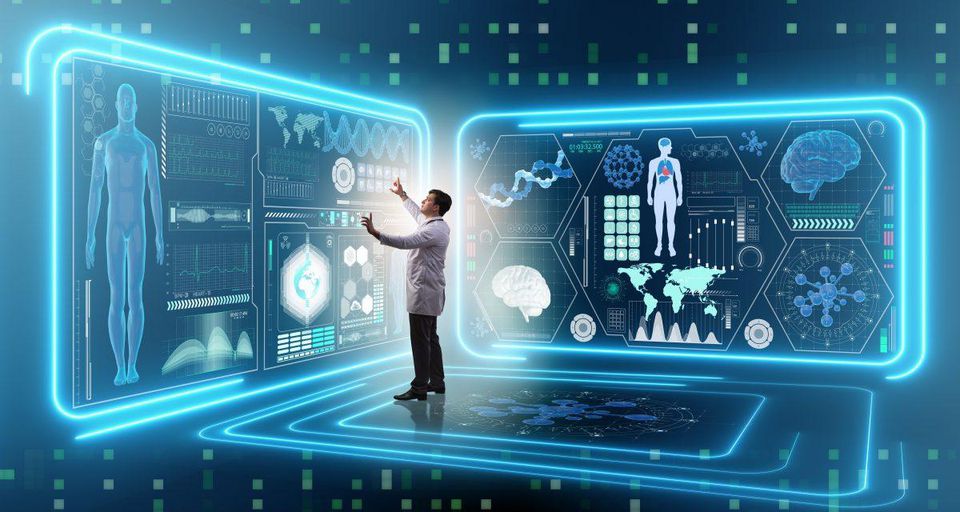Technology is affecting nearly every element of the ways in which we live, and medicine is one of the industries which has benefited most from the rapid development of tech. Treatment limitations and diagnosis methods have shifted in just the last five years.
The world of modern medicine is quickly becoming much more efficient, and some of the cool things doctors can do should be highlighted. Take a moment to read through five ways in which technology works wonders in medicine, and let your mind be impressed.
Nanotherapy for the treatment of cancer
Nanoparticles have made what was the stuff of science fiction true. Nanoparticles are regularly being used in passive ways to target and eliminate harmful cells in the body, but researchers from Bar-Ilan University have created nanobots.
The nanobots have the ability to target malfunctioning cells, while ignoring healthy cells. The nanobots are cleverly molded to protect the medications until the defective cells are reached. Nanobot application is truly the stuff that sci-fi dreams are made of.
Technology fuels medical experimentation
Medical experimentation is a matter of days or weeks now, as opposed to years. Medical scientists have more tools for pinpointing biological dangers than ever before in history, which has fueled a revolutionary push in medical experimentation.
If you have a problem with some vital organ in your body, medical science likely has a way of replacing your broken parts. For instance, patients with lymphedema can be treated with vascularized lymph node transfer surgery. Surgeons can efficiently move, substitute, and replace vital organs in your body through the advancements of technology.
Brain machine interfaces
First introduced to the world of medicine in 2012, BMI (brain machine interfaces) revolutionized the prosthetic industry. Hundreds of thousands of Americans live with an arm amputation, and the science behind brain machine interface technology gives amputees a new lease on life.
BMI tech grants amputees the ability to interlock their mind and their new limb. This makes movement and integration much easier for patients to conquer.
Wireless technology makes things easier
Wireless monitoring devices give medical professionals a more accurate look at the health of their patients. It started with the pulse oximeter being introduced into mainstream treatment, and the trend just kept expanding.
At home wireless monitoring helps patients suffering from chronic obstructive pulmonary disease, sleep apnea, and a list of cardiovascular conditions keep a watchful eye on their condition.
Genome alterations are now possible
Scientists now have the ability to alter the genetic code of a human to weed out what are seen as imperfect traits. CRISPR (clustered regularly interspaced short palindromic repeat) has been deemed the discovery of the century by some.
